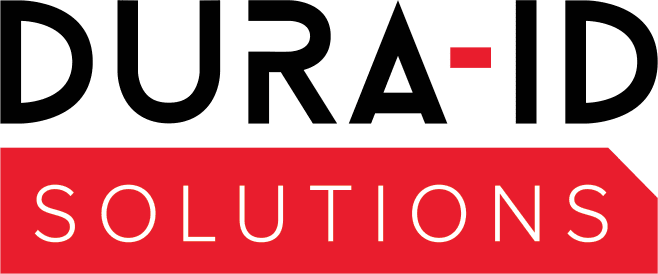During the run up to the new year, the UK has been preparing to leave the EU. With a deadline of January 1st 2021, followed by a grace period until 30th September 2022, there will be many changes to various elements of regulatory government guidance in nearly all sectors. One of which will concern food labelling and how this will change under the new structure.
While some regulatory guidance will remain the same, it is essential that you’re aware of the new rules to avoid any disruption to your business. If, for instance, your goods are already in circulation within the EU, there is no need to withdraw them for action.
We’ve condensed the new rules regarding food labelling for both businesses exporting to the EU and for those producing and selling products within the country. We use UK and GB interchangeably but neither concern Northern Ireland (NI) unless stated.
Exporting Goods to the EU from GB
It’s important to note that NI, whilst part of the country, is still adopting EU rules food food labelling. Bear this in mind for any exports going to Northern Ireland. We’ve broken down the guidance into easily digestible parts:
- Name & Address – label the name and address of the FBO (Food Business Operator) responsible for complying with food goods exportation rules. This must either be an EU or NI address of the established GB producer OR the name and address of the importer of the products in the EU/NI. If the second applies, the GB address is no longer required.
- Logos – Do not use the EU organics logo UNLESS the GB body has been authorised to do so OR the GB and EU agree to recognise each other’s standards (TBC). Organic products can not be exported if the GB control body is not recognised by the EU.
- Do not use the EU emblem for GB-produced products unless the supplier has acquired permission from the EU.
- Statement of Agriculture – Changes must be either GB Agriculture or GB and non-GB agriculture
- Country of Origin – Any food goods produced in GB must not be labelled as originating from the EU (effective 1st October 2022). Please see more information here.
- Seafood – All exported food must have a Catch Certificate.
- Meat & Dairy – All GB producers that are exporting food goods that contain animal products e.g., red or white meat, fish and fish products, or dairy and egg products, must ensure that their business is listed as an approved supplier in the EU.
- Fruit & Vegetables – All fruit and vegetables must be labelled as GB and not EU
- Blended Products – If the food goods have ingredients from various countries, all countries should be noted on the label
- Beef & Veal – Live animals that are imported from unknown CoO must be labelled as ‘beef from a live import into the UK’
- Health Identification Mark – Deplete stocks of UK/CE mark on labels, packaging, and wrapping as this will be unlawful as of 30th September 2022.
FSA approved businesses in GB
FSA approved business in NI
Local Authority Approved Business in GB
District Councils in NI
Food Produced and Sold Within GB
As with products exported to the EU, there are changes for GB-produced products that will be sold in the UK. As for those products, the guidance is as follows:
- Pre-packaged Goods – From 1st October 2021, all pre-packaged food sold in GB must include the GB address for the FBO (Food Business Operator).
- Beef & Veal – you can still refer to it as ‘non-EU’ until 30th September 2022.
- Health Identification Mark – UK/CE mark on labels, packaging, and wrapping will still be valid on the GB market
- The GI Scheme – The GI (Geographical Identification) Scheme will be fulfilling the WTO’s (World Trade Organisation) obligations as of the 1st of January 2021. All UK GIs registered under the EU GI scheme will still have protection at the end of the transition period. Please see more information here.
Please note: The GI Scheme will protect the geographical names of: food, drink and agricultural products (inc. beer, cider and perry), spirits, and wine (inc. aromatised). The scheme will use the designations: Protected Designation of Origin (PDO), Protected Geographical Indication (PGI), Traditional Speciality Guaranteed (TSG).
For more information on food labelling and how Dura-ID can help you and your business remain safe and compliant, please contact us on +44 (0) 114 242 2111 or email us at info@dura-id.com.
